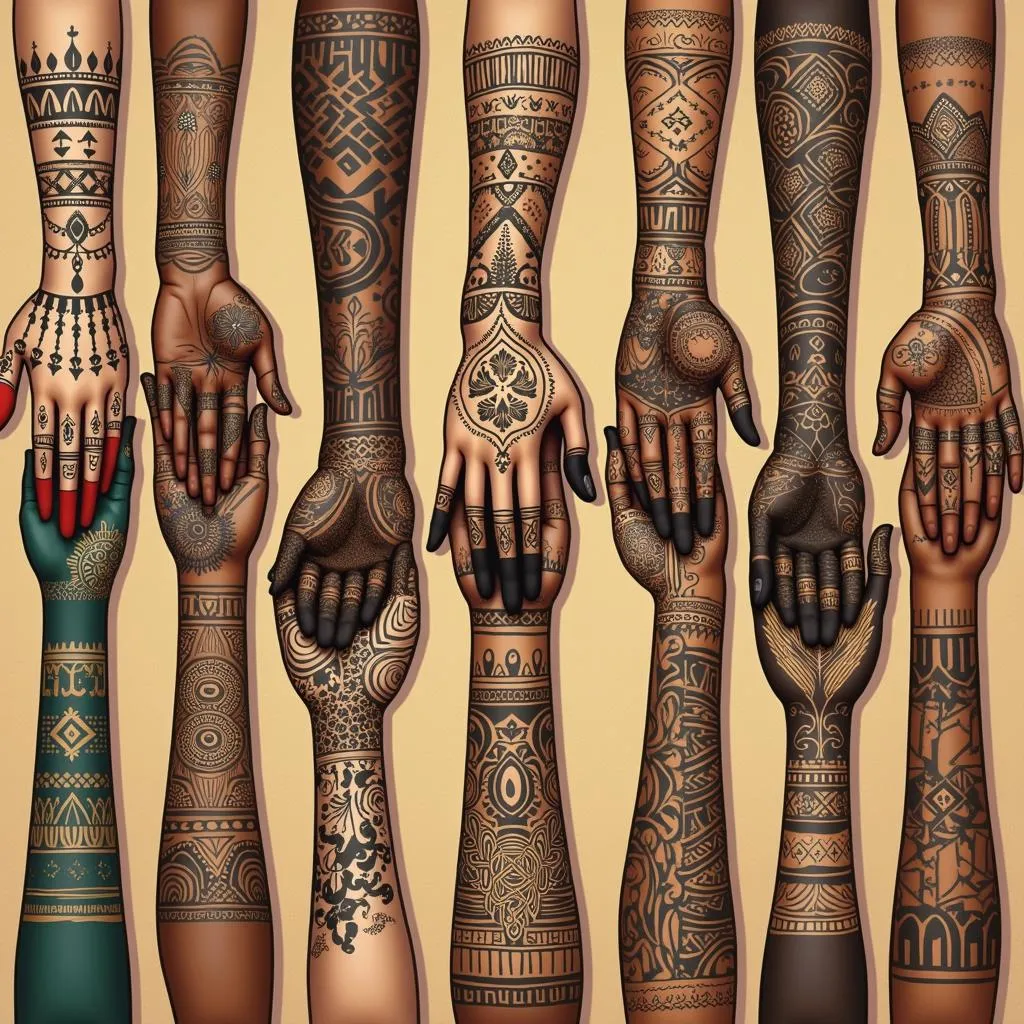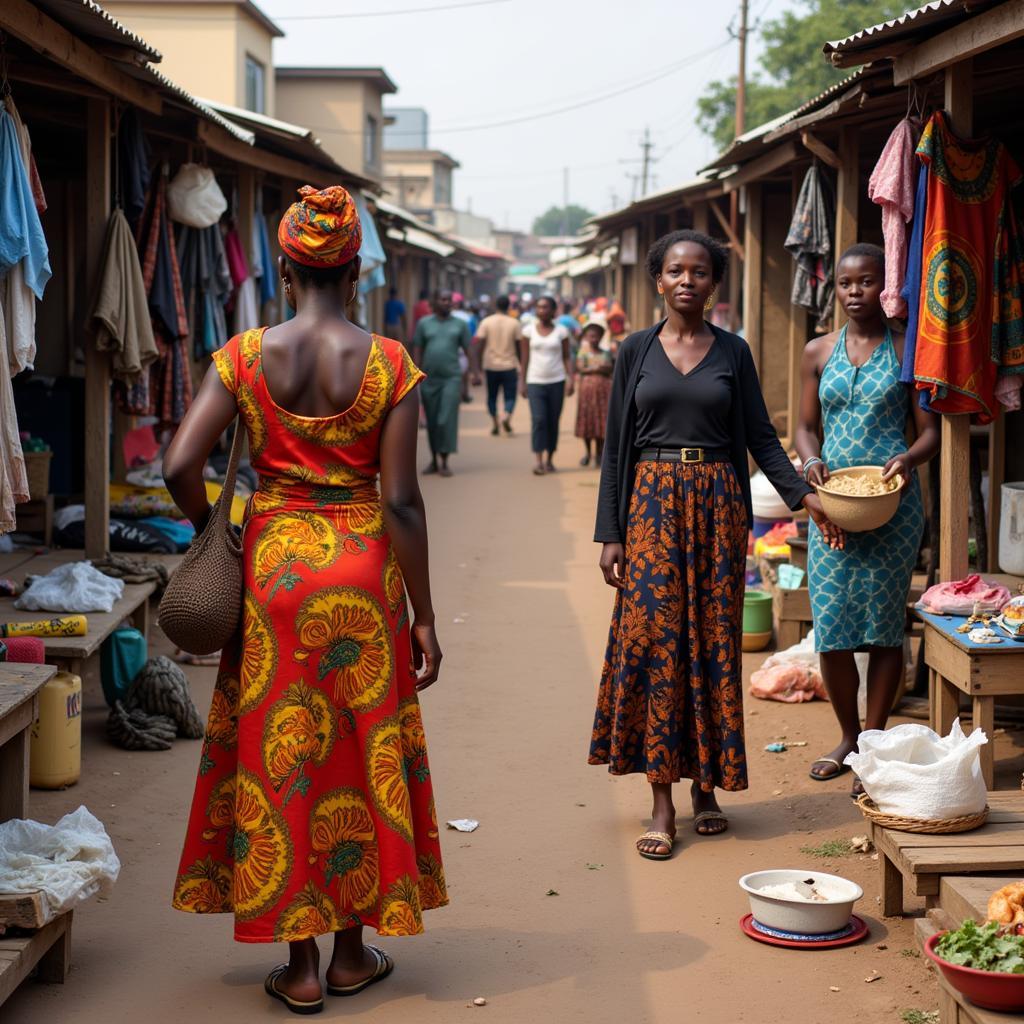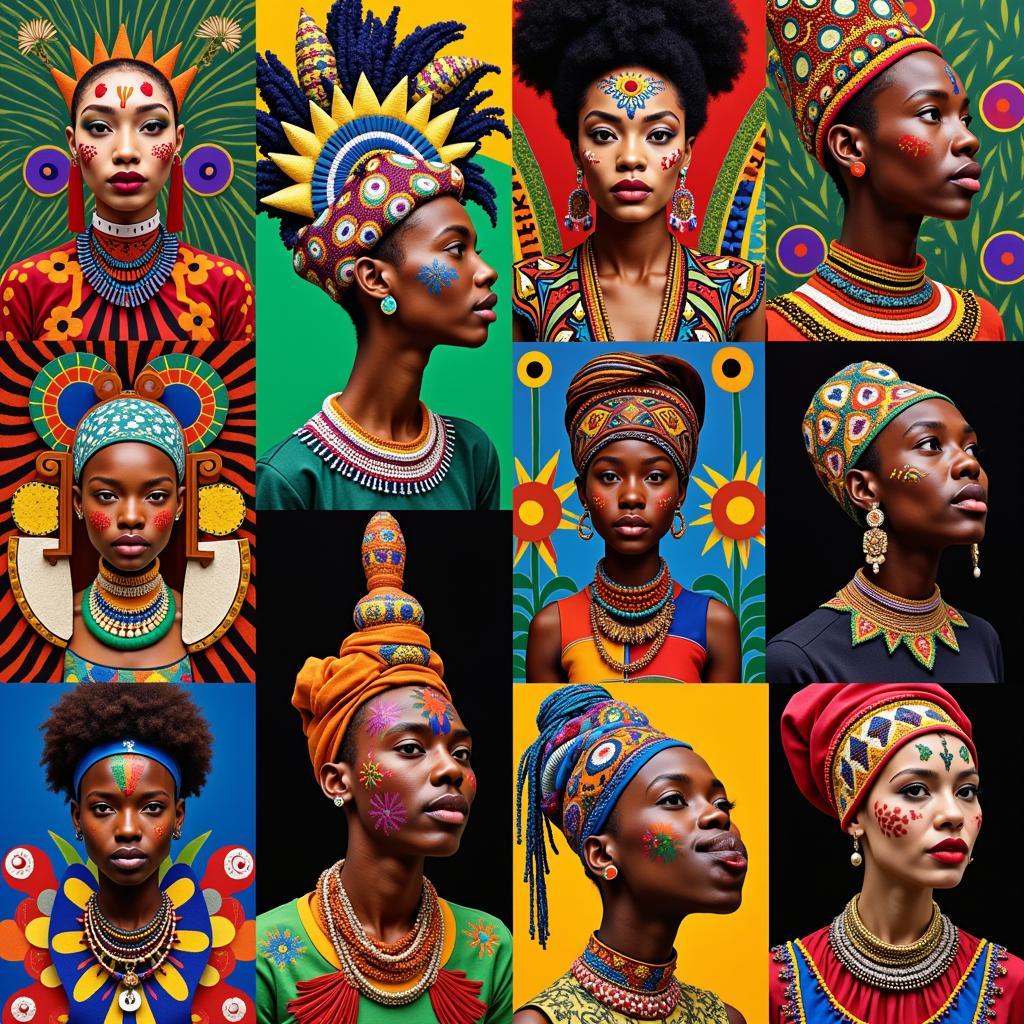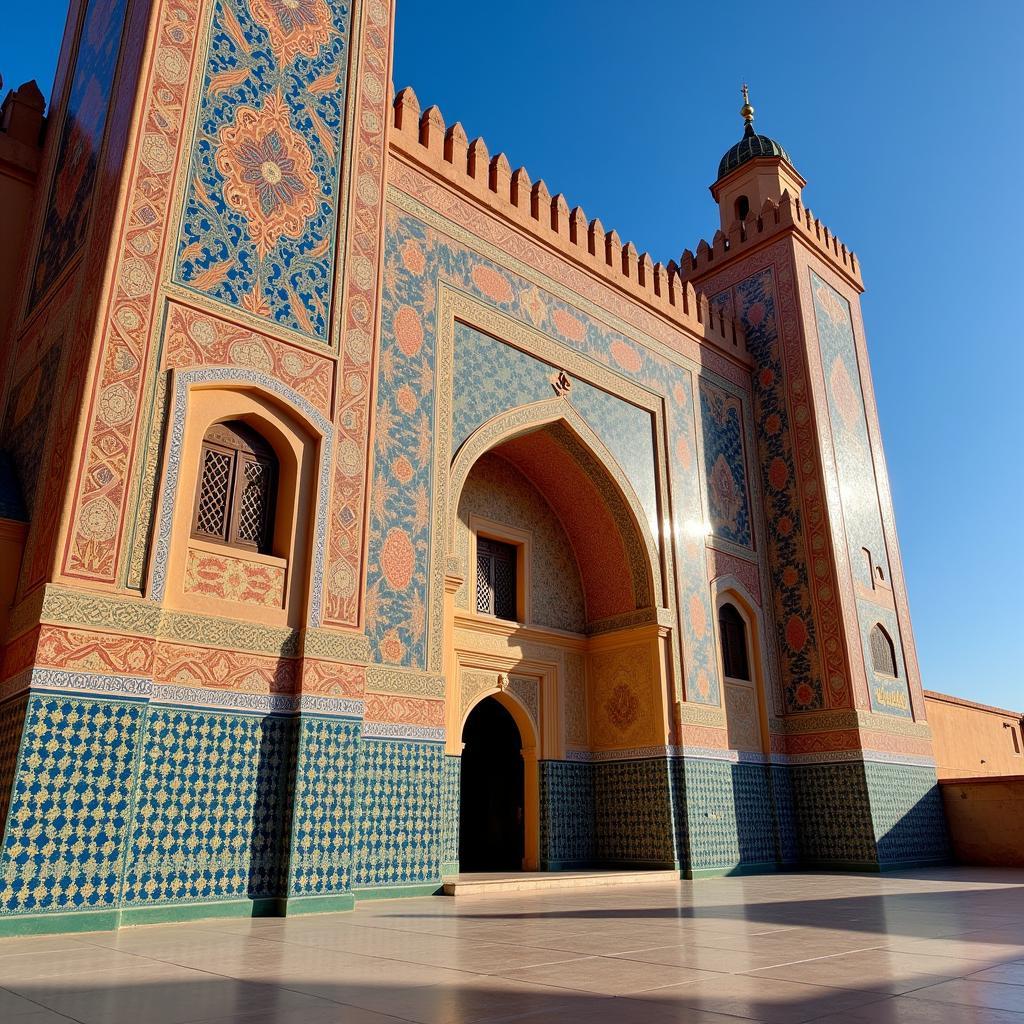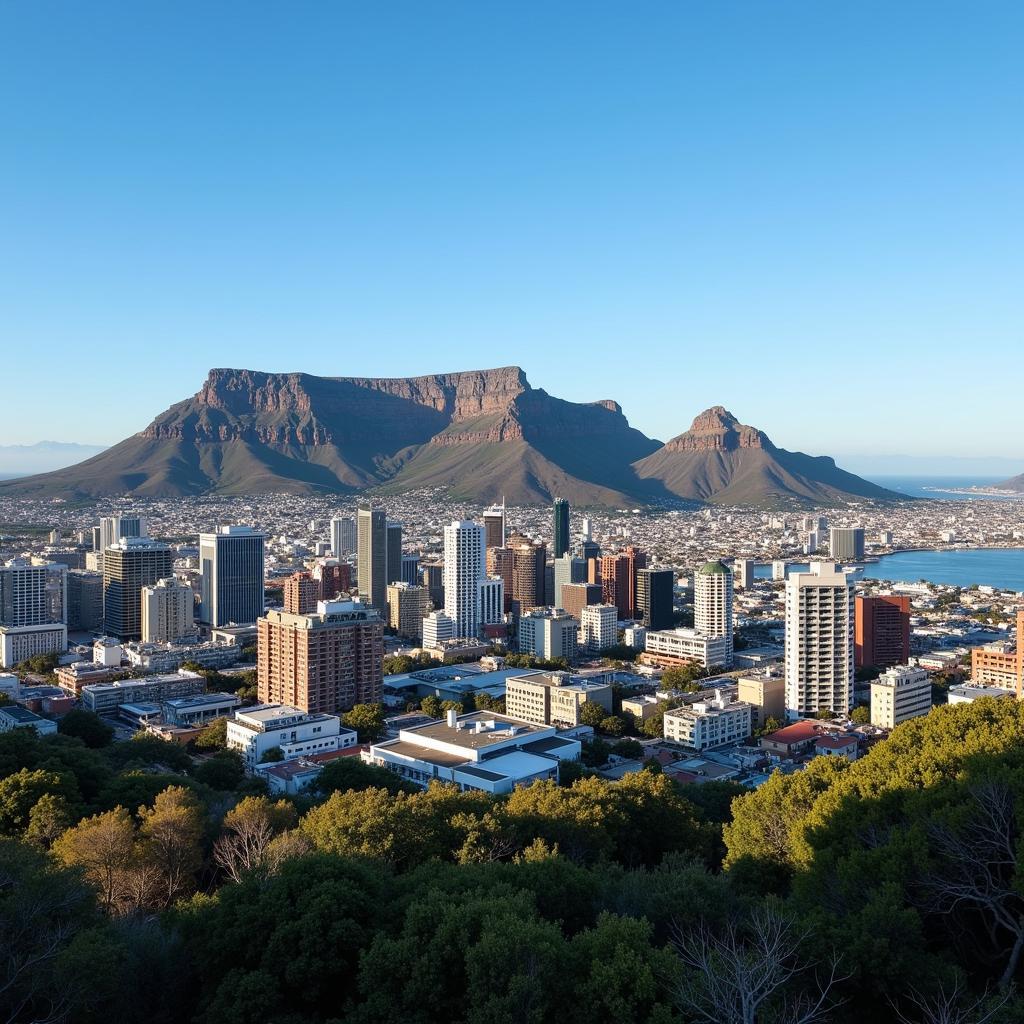About African Masks: A Journey into Symbolism, Art, and Culture
African masks are captivating objects that embody the rich history, beliefs, and artistry of the continent. They are more than just decorative pieces; they are powerful symbols that hold profound cultural significance. This article delves into the fascinating world of African masks, exploring their origins, meanings, uses, and the diverse styles found across the continent.
Understanding the Significance of African Masks
The term “African masks” encompasses a vast array of styles and traditions. These masks are found in almost every part of the continent, from the bustling cities to the remote villages. Each mask represents a unique cultural expression, often tied to specific ceremonies, rituals, and beliefs.
What Are African Masks Used For?
African masks serve diverse functions within communities. Some of their common purposes include:
- Ceremonies and rituals: Masks are often used in ceremonies and rituals to connect with the spiritual world, honor ancestors, or appease deities.
- Social control: Masks can be used to enforce social norms, regulate behavior, and maintain order within communities.
- Entertainment and performance: In many cultures, masks are essential components of traditional dances, storytelling, and entertainment.
- Protection and healing: Some masks are believed to have protective powers, offering protection from evil spirits or illness.
Symbolism and Meaning
The symbolism and meaning of African masks vary greatly depending on the culture, tribe, and even the specific mask itself.
- Animal motifs: Many masks feature animal motifs, often representing the characteristics of the animal. For example, a lion mask might symbolize strength, courage, or royalty.
- Human faces: Some masks depict human faces, often representing ancestors, deities, or spirits. These masks can be highly stylized or realistic, depending on the tradition.
- Geometric patterns: Abstract geometric patterns are often used to represent concepts like fertility, growth, or the cycles of life.
The Diverse Styles of African Masks
The continent’s vastness and diverse cultures have resulted in a wide range of mask styles:
- Igbó masks (Nigeria): Known for their elaborate, colorful designs and often representing spirits or deities.
- Dogon masks (Mali): Renowned for their geometric shapes and symbolic significance, reflecting the Dogon people’s cosmology.
- Yoruba masks (Nigeria): Often depict human faces or animals and are used in ceremonies, rituals, and entertainment.
- Fang masks (Gabon): Known for their distinctive, elongated faces with large, expressive eyes, and are associated with the Bieri society.
- Dan masks (Liberia): Traditionally used in masquerades and dances, they often feature abstract geometric patterns and represent ancestral spirits.
“African masks are not merely art objects; they are tangible expressions of the belief systems and cultural values of diverse African communities.” – Professor Akili Ndoye, Anthropologist
Understanding the Importance of Cultural Context
It’s essential to remember that African masks are not simply objects of art. They are deeply rooted in the cultural context of the communities that create and use them. To truly appreciate their beauty and significance, one must consider the cultural context in which they are created and used.
The Role of Artists and Craftspeople
The creation of African masks is a highly skilled craft. Artists and craftspeople often inherit their skills from generations past, and they pour their knowledge, beliefs, and cultural understanding into each mask.
“Each mask is a story, a narrative that speaks to the history, beliefs, and traditions of a community.” – Master Carver Kweku Abedi, Ghanaian Craftsperson
The Legacy of African Masks
African masks continue to inspire artists and designers around the world. Their influence can be seen in contemporary art, fashion, and even architecture. They are a testament to the rich artistic traditions and cultural heritage of Africa, offering a glimpse into the vibrant world of beliefs, rituals, and symbolism that have shaped the continent’s history.
FAQs About African Masks
1. Where can I see African masks?
African masks are displayed in museums and galleries around the world. Some prominent institutions include the Museum of Modern Art (MoMA) in New York City, the British Museum in London, and the Musée du Quai Branly – Jacques Chirac in Paris.
2. Can I buy an African mask?
It is possible to purchase African masks, but it’s essential to be aware of the ethical implications. It’s crucial to ensure that the mask you are buying is authentic, ethically sourced, and not from an endangered species.
3. Are African masks used in modern-day communities?
Many African communities continue to use masks in traditional ceremonies, rituals, and celebrations. However, the significance and use of masks can vary depending on the specific community and its traditions.
4. What are some good resources for learning more About African Masks?
Numerous books, documentaries, and online resources delve into the world of African masks. The website of the Smithsonian National Museum of African Art offers excellent information and images.
5. Are there any ethical considerations to keep in mind when learning about African masks?
It’s essential to approach the study of African masks with respect and sensitivity. Avoid perpetuating stereotypes or portraying African cultures in a simplistic or inaccurate way. Seek out resources from reputable sources and engage with authentic voices from the communities that create and use these masks.
